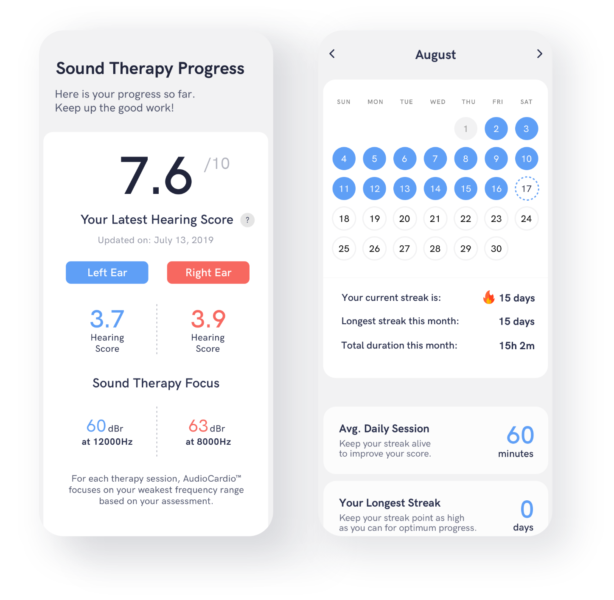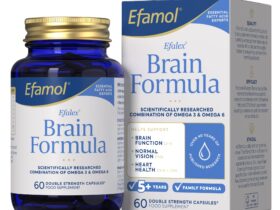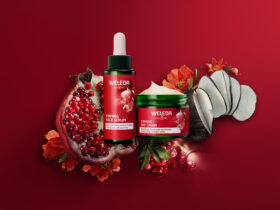Scientists have uncovered a novel antibiotic-free approach that could help prevent and treat an antibiotic-resistant superbug, using nanocapsules made of curcumin and other ingredients.
Helicobacter pylori is a bacterial pathogen carried by 4.4 billion people worldwide, with the highest prevalence in Africa, Latin America and the Caribbean. Although most infections show no symptoms, if left untreated the pathogen can cause chronic inflammation of the stomach lining, ulcers and is associated with an increased risk of gastric cancer.
UK and German scientists have developed an antibiotic-free approach to tackling such superbugs. The formulation is delivered through billions of bundled together nanocapsules, which are smaller than a human blood cell, and prevents the bacteria from attaching to and infecting the stomach cells. The nanocapsules are filled with curcumin – the principal curcuminoid of turmeric – which has anti-inflammatory and anti-tumour properties.
Instead of killing the superbug, it covers the bacteria with an “anti-adhesion” coating, disabling its ability to stick to stomach cells and cause ill health, or even death.
Professor Francisco Goycoolea, from the School of Food Science and Nutrition at Leeds, said: “New integral approaches are needed to tackle antimicrobial resistance and research into alternatives to antibiotics is vital. This novel formulation, consisting of small capsules made of natural ingredients, could offer a new means to deter a globally-spread ‘superbug’ pathogen.” The research, published in the journal ACS Applied Bio Materials, was carried out in vitro – using bacteria and stomach cells outside a human body.












Read our latest issue
Latest News
HayMax supports Allergy Awareness Week
New certified organic sun lotion from ORGANii
Efamol relaunches popular Efalex Brain Formula Capsules
Weleda launches two new face care ranges
Latest Tweets